Your bag is empty
Don't miss out on great deals! Start shopping or Sign in to view products added.
Shop What's New Sign inDon't miss out on great deals! Start shopping or Sign in to view products added.
Shop What's New Sign inDon't miss out on great deals! Start shopping or Sign in to view products added.
Shop What's New Sign inDon't miss out on great deals! Start shopping or Sign in to view products added.
Shop What's New Sign in
Further information can be found on the Health and Safety Executive (HSE) website www.hse.gov.uk
Further information can be found on the Health and Safety Executive (HSE) website www.hse.gov.uk
Don't miss out on great deals! Start shopping or Sign in to view products added.
Shop What's New Sign in